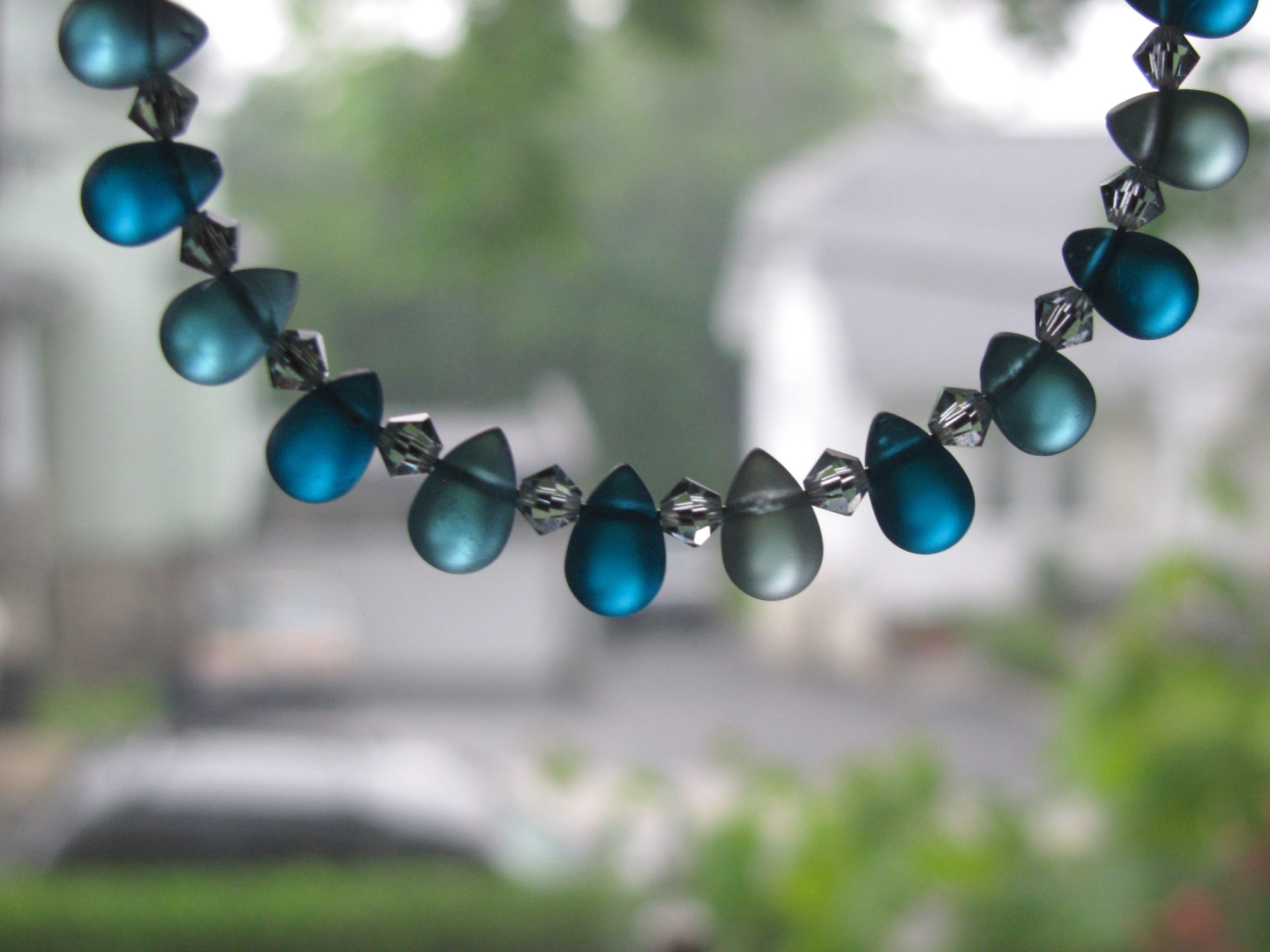I imagine when she
shot the raccoon
as it drank the tepid
mid-day rain
from my brothers’
kindergarten-colored,
water-dotted
plastic play set,
she used the sun’s
ray as a scope,
the weight of
my pudgy infant brother
pulling tight like a sling
on her arm, another son
clinging to her calves,
clamping her to the earth
with the steadying force
of ten toddler fingers
as she slid open
the screen door, pointed
the barrel at the backyard menace
and pulled the trigger
just once,
without ceremony
without raising her
blood pressure,
heart rate, eyebrow-simply
disappearing the problem
as if she was smoothing
the wrinkles of a sheet.
—Shannon Curtin, from Motherland
Anchor & Plume Press. Used by permission of the poet.
